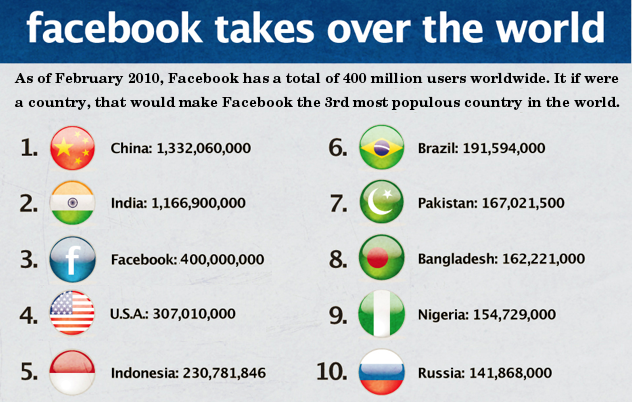 |
| Photograph: Alamy |
 |
| DryBones |
So how young is too young to be using a media device of the ages. Well that is a complicated question. My 9 year old cousin received an Ipad Mini for Christmas, and the house has never been quieter with her in it. She played her games all day long and everyone was finally able to relax. However, when we sat down to eat, she was told to put it away.
 |
| Yonhap News |
Do children need these devices? No, they absolutely do not. But then again I didn't need a Gameboy Color, or an N64, but I was ecstatic when I got them, not to mention my parents must have loved the silence even though three growing kids lived in the house. I'm sure the last generation was just as excited to unwrap Atari 2600s and Commodore 64s.
So the question, it seems, is not "how young," but "when." What guidelines do we give ourselves, our children, and fellow parents for these devices? Please leave your comments below and I will compile them as tips and tricks. Happy Holidays!



















